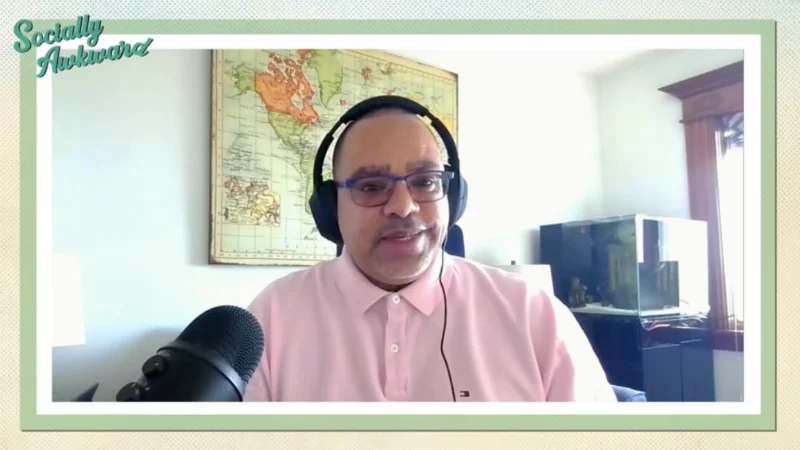Customized Travel with Local Flavor: Automation + the Human Touch
Travel is all about experience. Decades ago, consumers looked to travel professionals to build their dream itinerary. Then digitization occurred, and suddenly everyone was a travel guru. However, they didn’t have the local insights that would help them curate the ideal trip. From special activities to simply logistics, it’s hard to design travel without having any inside knowledge.
kimkim, a technology startup, is trying to merge both aspects on their platform. They help travelers design custom trips by connecting them with local specialists around the world. It’s part human connection, part technology automation. The automation part is mainly on the side of the local travel specialist. They can use tools to do basic, mundane tasks around the itinerary, enabling them to have more time for the personalization aspects.
This new approach to travel planning could be a new trend that allows people to use technology to book and get locals’ insights. Chris McCarty, Head of Engineering at Kimkim, recently shared with MarketScale how his company technology brings together independent travelers and local specialists for great results.
“So, how do we use automation to create a more unique experience? We’ve tried several things around recommendations and sign-up processes. We found, generally, that it does a pretty good job. But ultimately, it falls short of what an experienced travel agent can do. There’s always some piece of the puzzle that’s not quite right or not perfectly curated for that traveler.
Instead, we focus on the technology and a lot of automation, more on the traveler specialist side, with the tools we built. We try to make it easier and more efficient for our travel specialists to customize trips, add more information, and pick the activities, hotels, and transportation that are a good match for that traveler. It’s also a reminder of the library of suppliers available.
They may go, oh that’s right, I have that tour line that would be a great fit for that couple. While it also keeps them aware of possible problem areas, such as too many activities for one day and date for confirming or adding reservation details for their booking. It helps with following up with travelers faster. Automation makes the biggest gains by giving the specialist more time back. They can spend it on giving more attention to the travelers, coming up with more ideas, and talking to them on the phone. They can do more of these things rather than spending their time on getting basic itinerary information out.”
To learn more, watch the full video and keep it locked to the Homepage of B2B for more travel news and insights.
Follow us on social media for the latest updates in B2B!
Twitter – @MarketScale
Facebook – facebook.com/marketscale
LinkedIn – linkedin.com/company/marketscale









